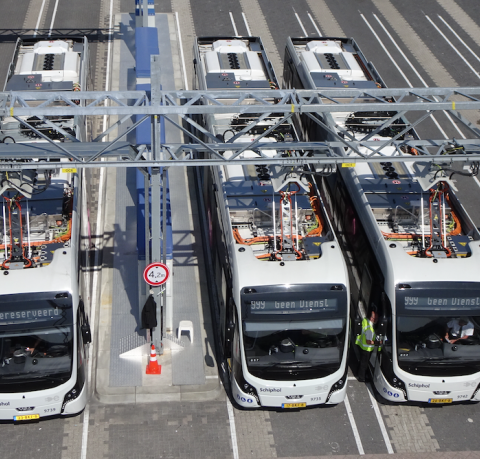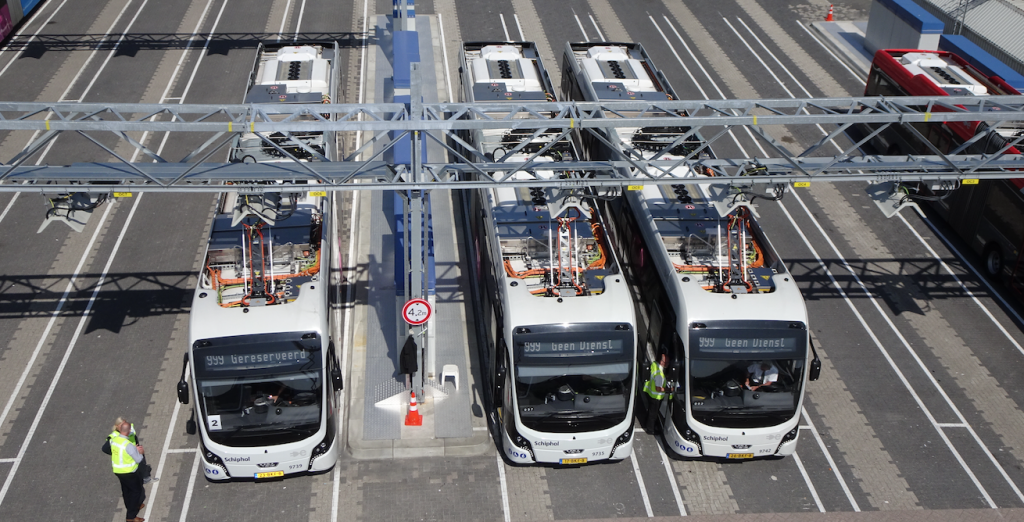UITP and ACEA, a joint call to demand investments in charging/refuelling infrastructures
UITP and ACEA urge EU members to scale up support measures for alternative fuel infrastructure for buses. The two organization, representing public transport sector and automobile industry respectively, issued a joint call addressed to EU countries in order to demand an increase in investments in charging and refuelling infrastructures for alternative powered buses (electric or […]

UITP and ACEA urge EU members to scale up support measures for alternative fuel infrastructure for buses.
The two organization, representing public transport sector and automobile industry respectively, issued a joint call addressed to EU countries in order to demand an increase in investments in charging and refuelling infrastructures for alternative powered buses (electric or gas fuelled).

Clean Vehicles Directive is on, but it’s not enough
The European Automobile Manufacturers’ Association (ACEA) and the International Association of Public Transport (UITP) issued this joint call following the Council of the European Union’s recent adoption of the Clean Vehicles Directive. The Clean Vehicles Directive sets binding targets for the public procurement of zero- and low- emission vehicles in each of the 28 EU member states for 2025 and 2030.
No transition without infrastructures
However, without the necessary bus-specific infrastructure in place, these targets simply cannot be met, ACEA and UITP highlight. The Directive on Alternative Fuel Infrastructure (DAFI) – adopted back in 2014 – sets clear but non-binding national objectives for rolling out charging points and refuelling stations across the EU. DAFI was a missed opportunity, according to UITP and ACEA, to prepare the public transport sector for the shift to alternative fuels, as it placed an insufficient focus on buses.
Lack of infrastructures is a main barrier
ACEA and UITP are therefore urging member states to scale up support measures for alternative fuel infrastructure for buses, and to bring forward a revision of DAFI.
“There is no doubt that climate change is a major challenge which requires efforts to cut CO2 emissions from the transport sector. EU bus manufacturers are fully committed to play their part. However, the lack of charging and refuelling infrastructure is a major barrier to introducing new bus technologies to the market. National governments and the European Commission must take urgent action to resolve this.” Erik Jonnaert ACEA Secretary General
“It is essential that Member States update their national implementation plans from the alternative fuels infrastructure Directive (DAFI) and engage their cities and public transport undertakings so that the necessary infrastructure for low-emission bus systems can be planned for.” Thomas Avanzata UITP Senior Director Europe Department







